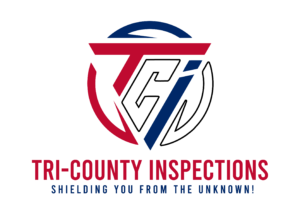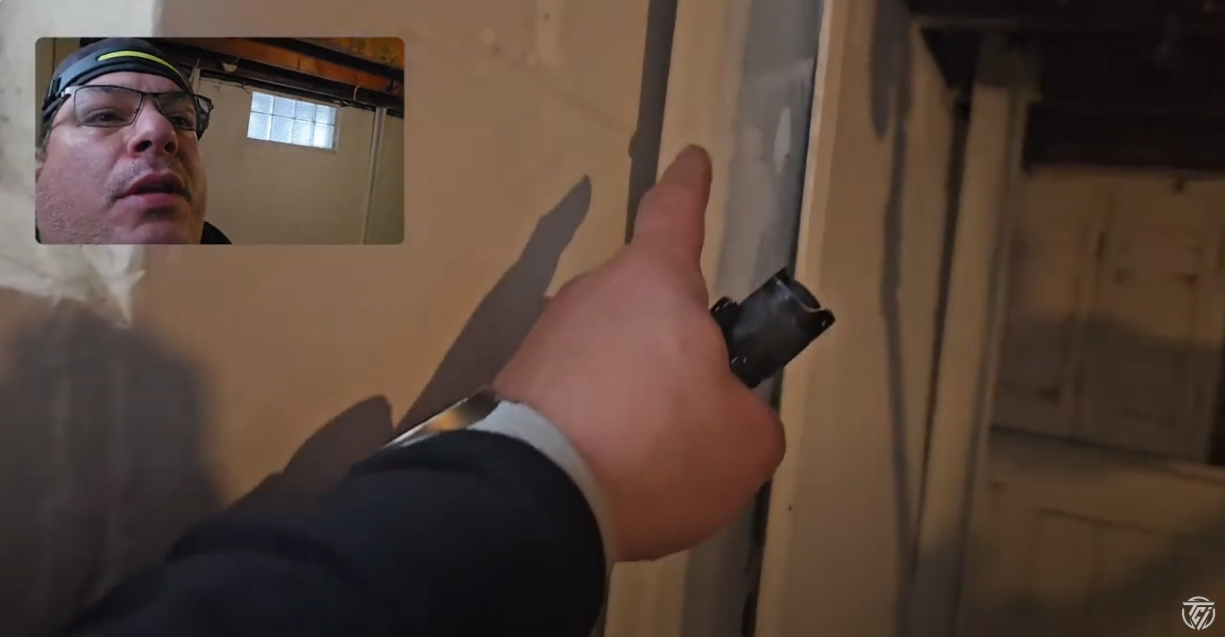Are Bowed Basement Walls a Deal-Breaker When Buying a Home?
When you’re in the process of buying or selling a home, few things can raise concerns like discovering bowing basement walls. But does this mean the deal is off the table? Not necessarily. Understanding what bowing walls indicate and the role a professional home inspection plays can make all the difference.
What Are Bowing Basement Walls?
Bowing basement walls occur when the walls curve inward, often due to pressure from the surrounding soil. In the Cleveland area this can be caused by poor drainage, expansive clay soils, or freeze-thaw cycles. While it might seem alarming, bowing walls aren't always a sign of catastrophic structural failure. In fact, they can often be stabilized effectively with solutions like the steel stabilizer beams seen in this video.
From Mike Vakos, owner and head home inspector:
"Hey guys, Mike here with Tri-County Inspections. In today's video, I wanted to talk to you real quick about bowing walls. A lot of times, people think that's a deal killer, and sometimes it could be. But I'm in a house here that has stabilizer beams installed, which are these metal beams you see here. If you do have bowing walls, they can be prevented from any future movement. It's not going to pull the wall back, but it will prevent it from moving any more.
As you can see at the top, there's a big gap, and as you go down, the wall is actually bowed inward until it hits that beam, so it won’t go past that point. It's cemented down into the foundation and bolted at the top, which will prevent it from bowing further. These metal steel beams are probably about six feet apart. You have one here and another there, going along the wall.
Just because walls are bowing doesn't mean it's necessarily a deal killer. This is one of the solutions—installing these stabilizer beams. Roughly, the cost is around $500 to $750 per beam, somewhere in that range. It's just something to be aware of. It's not always a kiss of death when you have bowing walls. If they are properly stabilized to prevent future movement, that's an acceptable solution.
I just wanted to share one of the things we look for during inspections. This is Mike with Tri-County Inspections. Thanks for watching, and have a great day."
Is A Bowed Basement Wall a Deal-Breaker?
Why Home Inspections Are Crucial for Buyers and Sellers
For Sellers: Pre-Listing Home Inspections
Imagine listing your home and receiving an offer significantly lower than your asking price because a potential buyer claims the bowing basement walls will require $40,000 in foundation repairs. Without a pre-listing home inspection, you have little to counter their claim. However, if you’ve had a professional home inspection from Tri-County Inspections, you can confidently present the report showing that the walls are stabilized with metal beams and that the issue is under control. This not only helps justify your asking price but also builds confidence in your asking price and trust with potential buyers. (related blog posts: "Save Money With a Pre-Listing Home Inspection Before you Sell," "Sell Faster and Sell for More With a Pre-Listing Home Inspection," "Reduce Stress with a Pre-Listing Home Inspection")
For Buyers:
As a buyer, a home inspection is your safeguard. It provides a clear picture of the home's condition, helping you understand what you’re buying. If bowing walls are present, an inspector can assess whether they’ve been properly stabilized and estimate the cost of any necessary repairs. This information can be critical for negotiating with the seller, setting a maintenance budget, or even deciding to walk away from the deal if the risks outweigh the benefits.
The Cost of Stabilizing Bowing Walls
In many cases, bowing walls can be stabilized using steel beams, which are bolted at the top and anchored into the foundation to prevent further movement. The cost typically ranges from $500 to $750 per beam, depending on the extent of the issue and local contractor rates. While this is a significant expense, it’s far less than the exaggerated estimates that might be used as bargaining chips in negotiations.
Final Thoughts
Bowing basement walls aren’t automatically deal breakers. With a professional home inspection from Tri-County Inspections, both buyers and sellers can navigate these situations with confidence. Sellers can avoid low-ball offers rooted in fear, and buyers can make informed decisions based on expert evaluations.
Before making or accepting an offer, schedule a home inspection to ensure you're fully informed about the property's condition. It’s a small investment that can save you thousands in negotiations and unexpected repairs.
For more posts about the benefits of home inspections:





